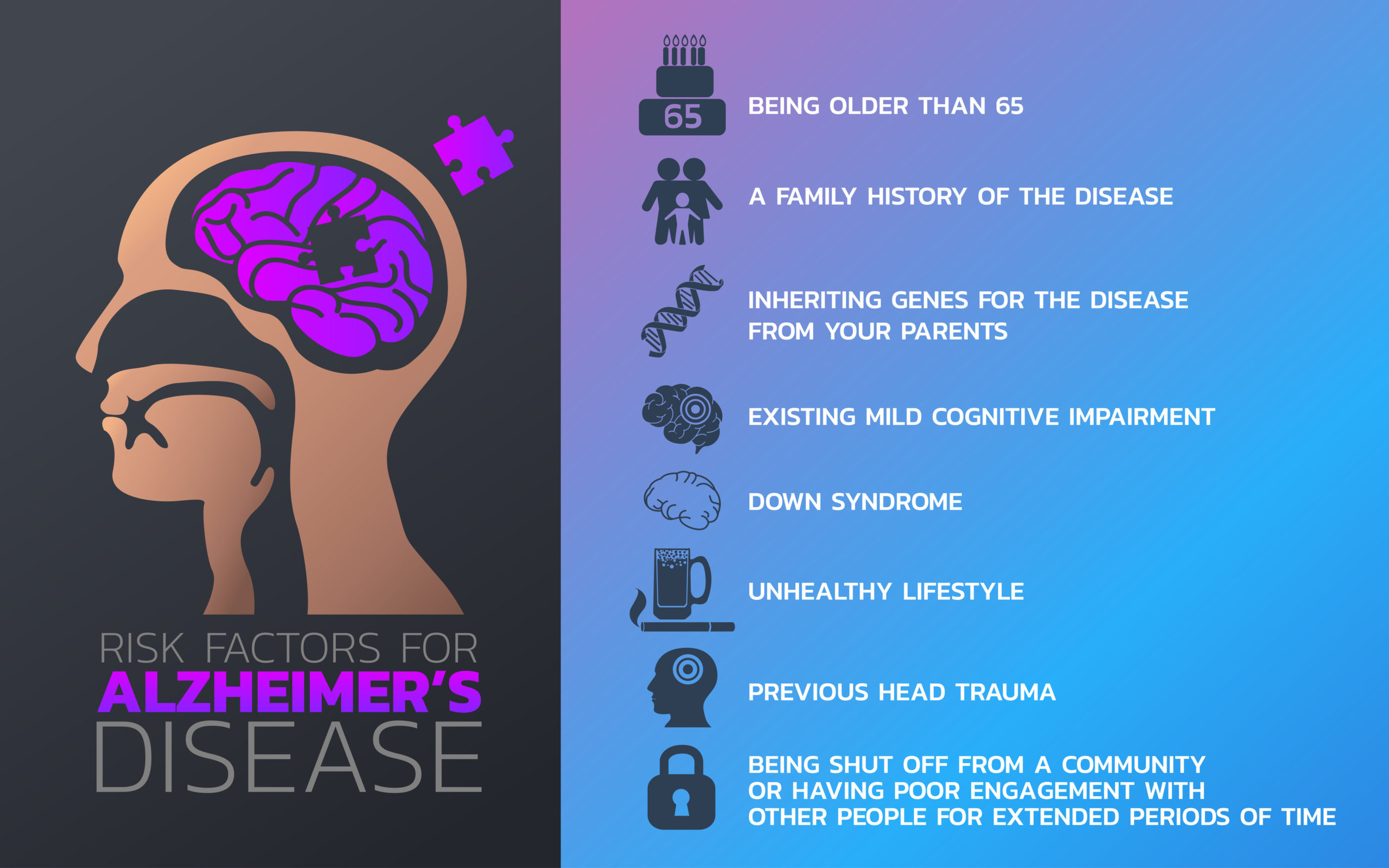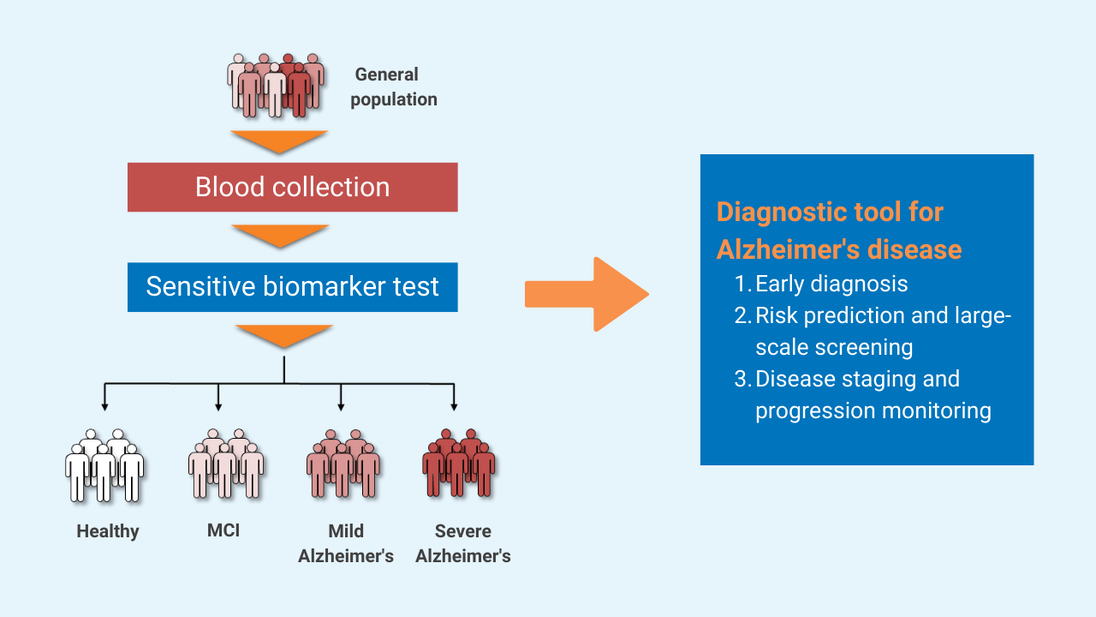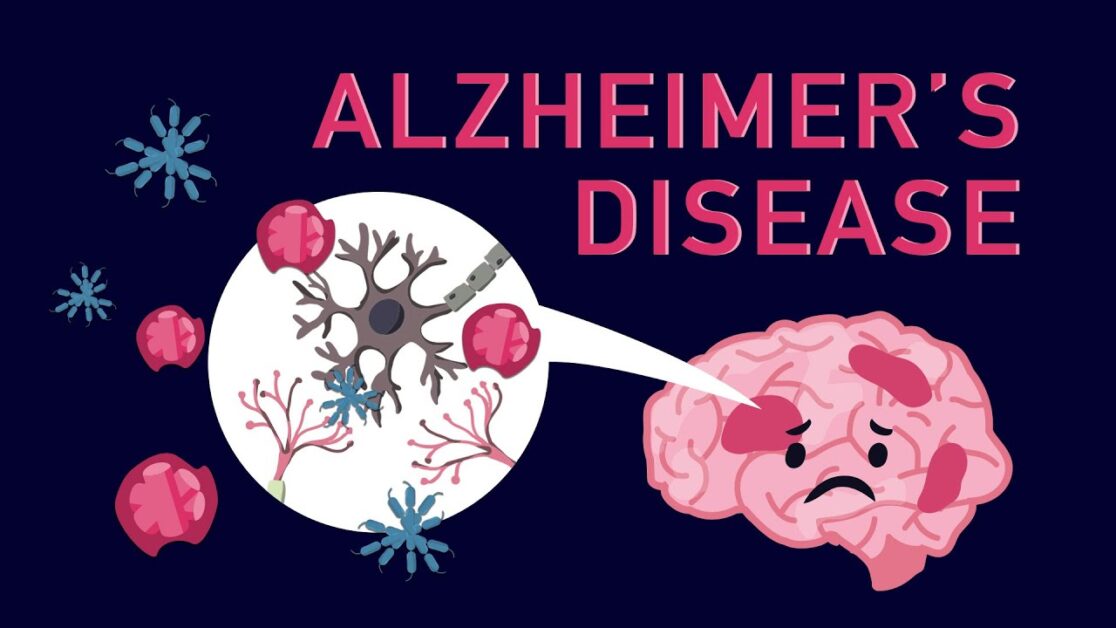Memory Lost: Understanding the Warning Signs of Alzheimer’s Disease

Alzheimer’s Disease, a progressive neurological condition, affects millions of individuals worldwide, making it one of the most common forms of dementia. This article explores the critical topic of recognizing the warning signs associated with Alzheimer’s disease, aiming to raise awareness and promote early detection.
What is Alzheimer’s Disease?
Alzheimer’s Disease is a degenerative brain disorder that primarily affects memory, thinking, and behavior. It gradually worsens over time, impacting a person’s ability to perform daily tasks and communicate effectively.
The Importance of Early Detection
Early detection of Alzheimer’s Disease is paramount. Identifying the condition in its initial stages allows for better management and potential interventions to slow its progression.
read more about The Benefits of Regular Health Check-ups
Memory Loss: The Primary Warning Sign
One of the most prominent and early warning signs of Alzheimer’s is memory loss. Individuals may forget recent conversations, appointments, or familiar places. Misplacing items and repeatedly asking the same questions are common occurrences.
Other Common Symptoms

Aside from memory loss, Alzheimer’s Disease presents other symptoms, including:
- Disorientation: Getting lost in familiar surroundings.
- Difficulty Planning or Solving Problems: Struggling with tasks that were once routine.
- Difficulty Completing Familiar Tasks: Forgetting the steps to make a favorite recipe, for instance.
- Language Challenges: Battling to Locate the Correct Words.”
- Changes in Mood and Personality: Becoming confused, suspicious, or anxious.
Risk Factors for Alzheimer’s Disease

Understanding the risk factors is crucial. While age is a primary factor, genetics, family history, and lifestyle choices also play a role. Leading a healthy and mentally active life may reduce the risk.
Diagnosis and Medical Assessment

Diagnosing Alzheimer’s involves a comprehensive medical assessment, including cognitive tests and medical history evaluation. Early diagnosis enables individuals and their families to plan for the future.
Coping with Alzheimer’s: Treatment and Care

Managing Alzheimer’s Disease often involves a multidisciplinary approach. Medications, therapy, and support services can help individuals maintain their quality of life.
Lifestyle Changes for Prevention
Although Alzheimer’s Disease cannot be entirely prevented, adopting a brain-healthy lifestyle can lower the risk. This includes a balanced diet, regular exercise, mental stimulation, and social engagement.
- Omega-3 Fatty Acids: Found in fish oil, these may help reduce cognitive decline.
- Vitamin E: An antioxidant that may slow the progression of Alzheimer’s symptoms.
- Vitamin D: Supports brain health and may reduce the risk of cognitive decline.
- Ginkgo Biloba: May enhance memory and cognitive function.
- Coenzyme Q10 (CoQ10): An antioxidant that can boost energy production in brain cells.
- Turmeric: Contains curcumin, which has anti-inflammatory and antioxidant properties.
- Huperzine A: May improve memory and cognitive function.
Supporting Loved Ones
Alzheimer’s doesn’t only affect the individual diagnosed; it impacts their entire support network. Understanding the disease and seeking support from organizations and support groups is crucial for caregivers.
read more about The Role of Nutrition in Preventing Chronic Diseases
Research and Progress
Continuous research plays a vital role in the quest to discover a cure for Alzheimer’s. Scientists are continually exploring new treatments and interventions, offering hope for the future.
The Emotional Impact
Dealing with Alzheimer’s Disease can be emotionally taxing for individuals and their loved ones. Coping with the changes and uncertainties requires patience and a strong support system.
Conclusion
In conclusion, recognizing the warning signs of Alzheimer’s Disease, especially memory loss, is the first step toward early intervention and improved quality of life. Education, awareness, and research are vital in the fight against this debilitating condition.
FAQs
- What is Alzheimer’s Disease? Alzheimer’s Disease: A progressive neurological disorder impacting memory, cognition, and behavior.
- Can Alzheimer’s Disease be prevented? While it cannot be entirely prevented, adopting a brain-healthy lifestyle may lower the risk.
- How is Alzheimer’s Disease diagnosed? Diagnosis involves a comprehensive medical assessment, including cognitive tests and medical history evaluation.
- What support is available for caregivers? Caregivers can seek support from organizations and support groups to help them navigate the challenges of caring for someone with Alzheimer’s.
- Is there hope for finding a cure for Alzheimer’s Disease? Ongoing research offers hope for finding new treatments and interventions for Alzheimer’s Disease.










 Viesearch - The Human-curated Search Engine
Viesearch - The Human-curated Search Engine

86 Comments